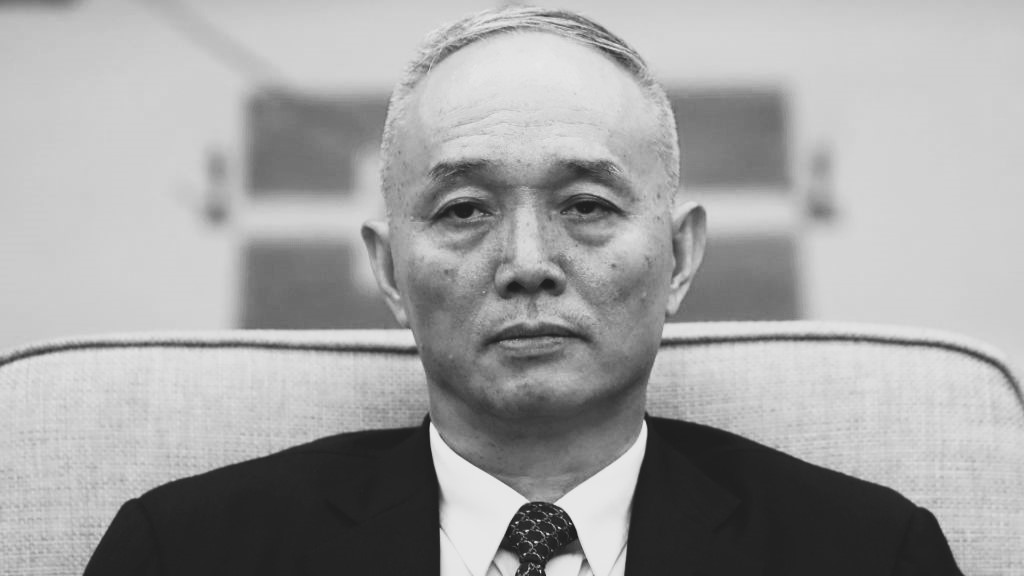The Rise and Fall of Power within the Communist Party of China
In an unusual move, the leader of the Communist Party of China, Xi Jinping, chaired a meeting of the Standing Committee of the Political Bureau of the CPC Central Committee to hear reports from various agencies and factions within the party. The meeting praised the Secretariat of the Central Committee, marking a rare occasion of such public commendation. This has led commentators to believe that this is an indication of the rise in power of Cai Qi, who is currently the fifth-ranked member of the Politburo Standing Committee.
The lack of a designated successor by Xi Jinping, who has been in power for more than a decade, is causing concern among analysts. Many speculate that Xi urgently needs to name a successor this year, as the issue of succession becomes increasingly significant.
The official media announcement of the meeting draft released by Xinhua News Agency also highlighted the change in the power dynamics within the party. While the evaluation of five other institutions remained largely the same, the praise for the Secretariat’s proactive actions indicates a shift in power and influence.
Cai Qi has been considered the actual second-ranking figure in the Communist Party of China and is perceived as the most ambitious person to covet the position of General Secretary. With Xi Jinping’s reluctance to designate a successor, the power struggle within the party is becoming increasingly apparent.
The need for establishing a succession sequence of power is seen as not only essential for the stability of the regime, but also as a way to discourage opponents from contemplating counterattacks. Failure to designate a successor can lead to lingering uncertainty among officials, affecting the execution ability of the leadership.
The battle for succession within the party is already underway, with factions such as the Zhijiang New Army and the Minjiang New Army scrambling for power and position. The recent surge in momentum of certain individuals within the party system signals an inevitable power struggle as the fight for succession intensifies.
The ongoing struggle for power and the lack of a designated successor by Xi Jinping are raising concerns about the future stability and leadership of the Communist Party of China. As analysts point out the rise and fall of various factions within the party, the need for a designated successor becomes imperative for the future stability and continuity of the regime.
